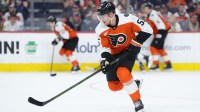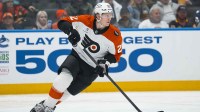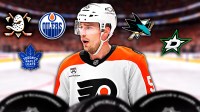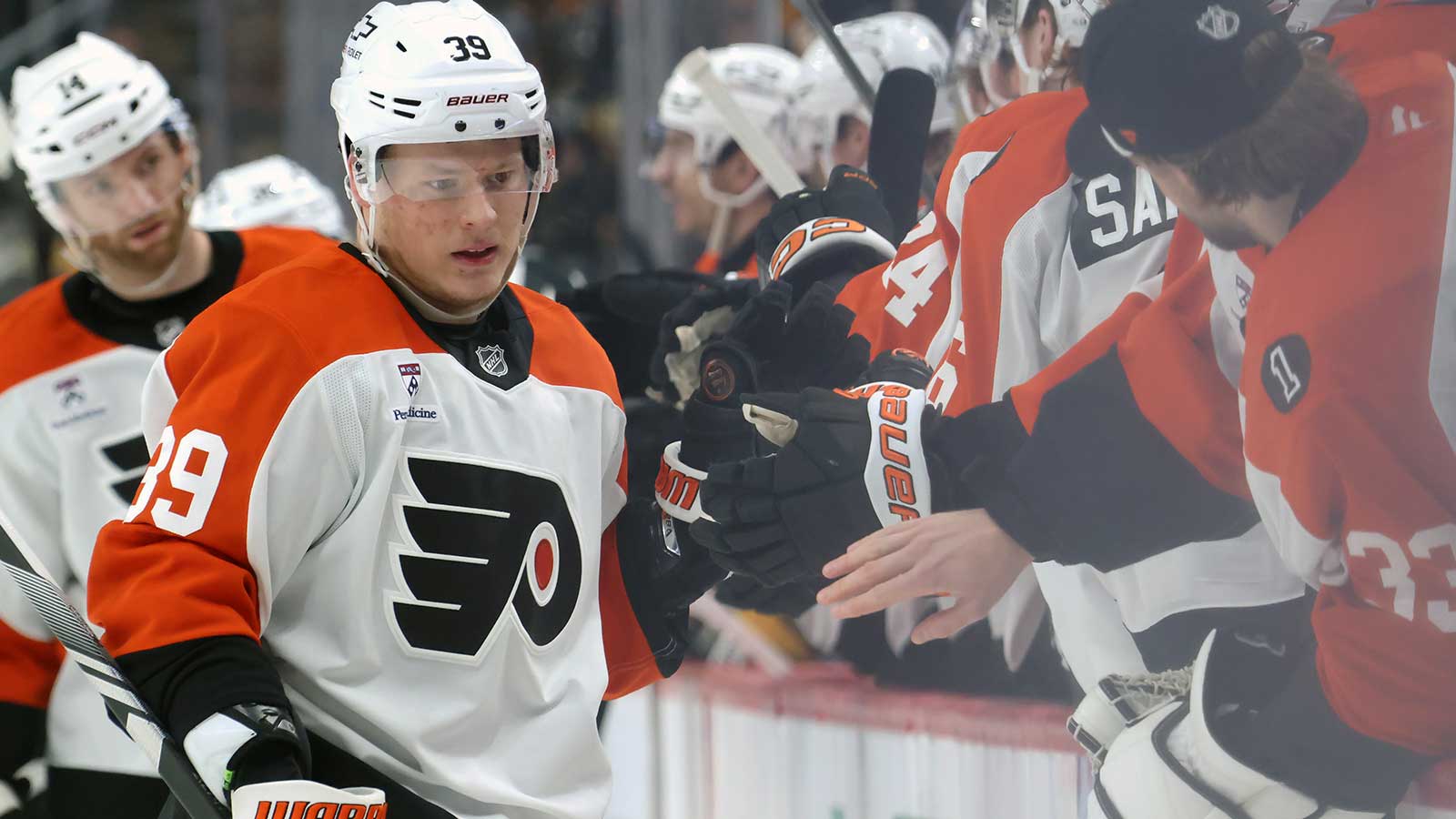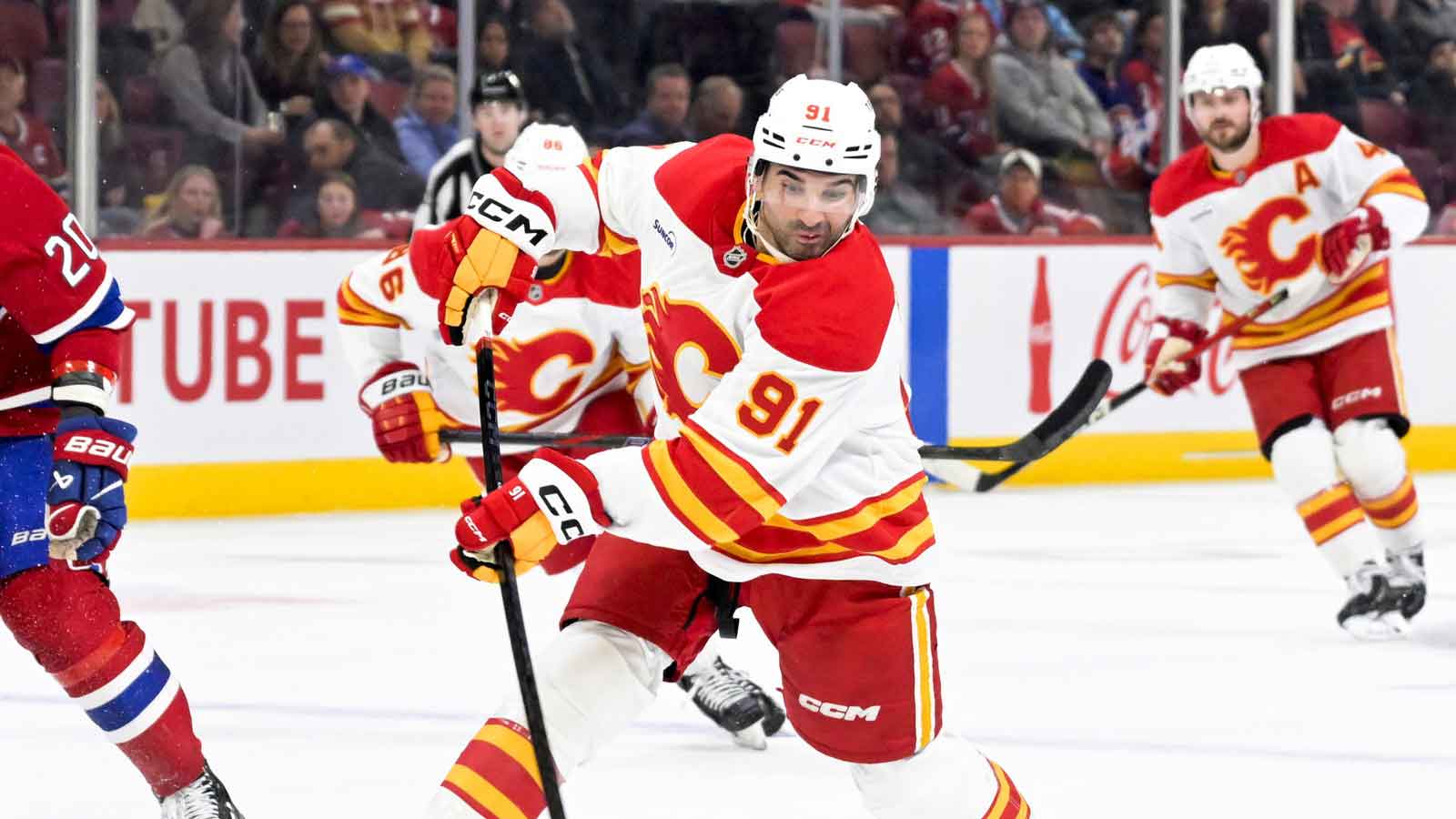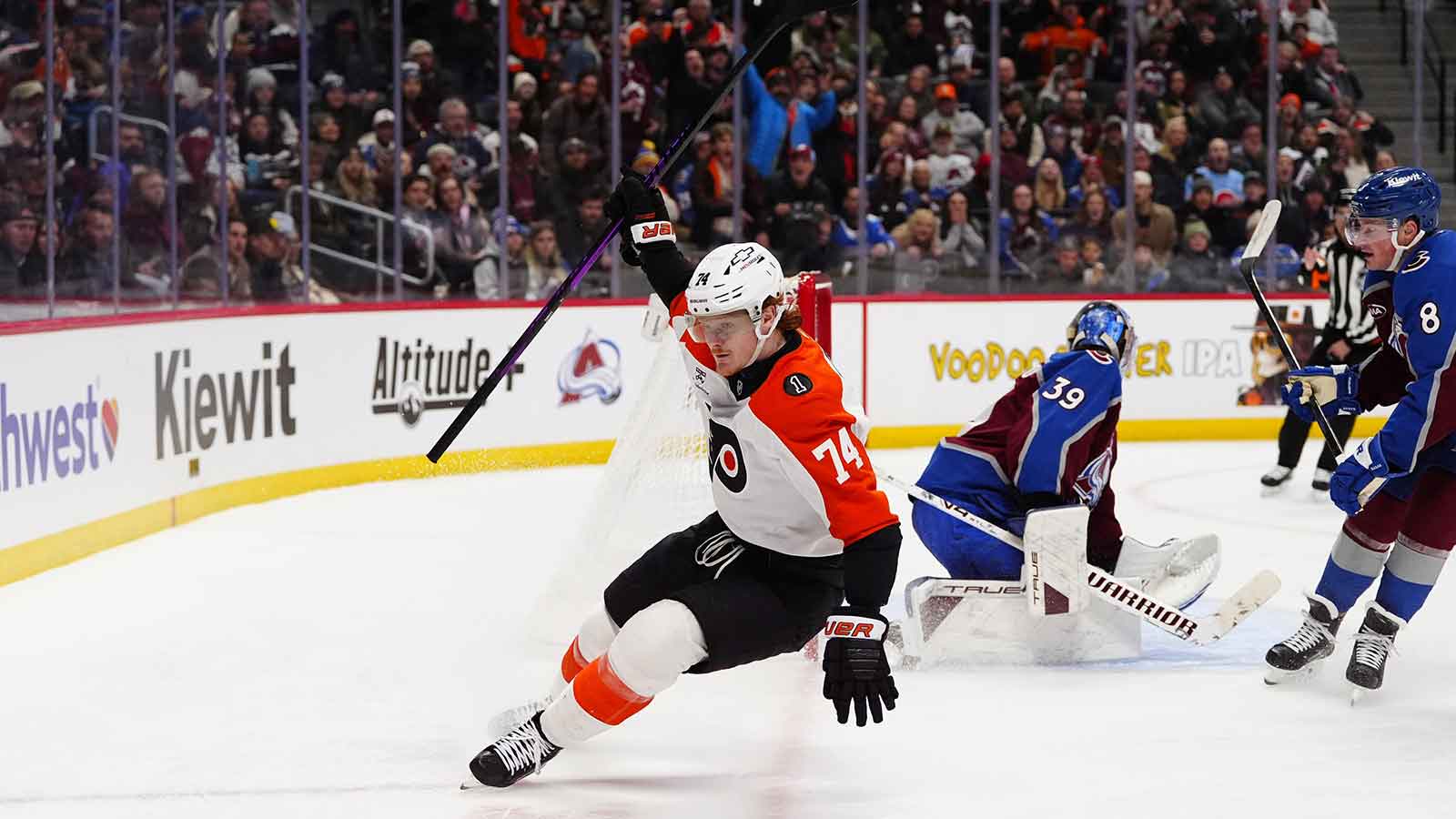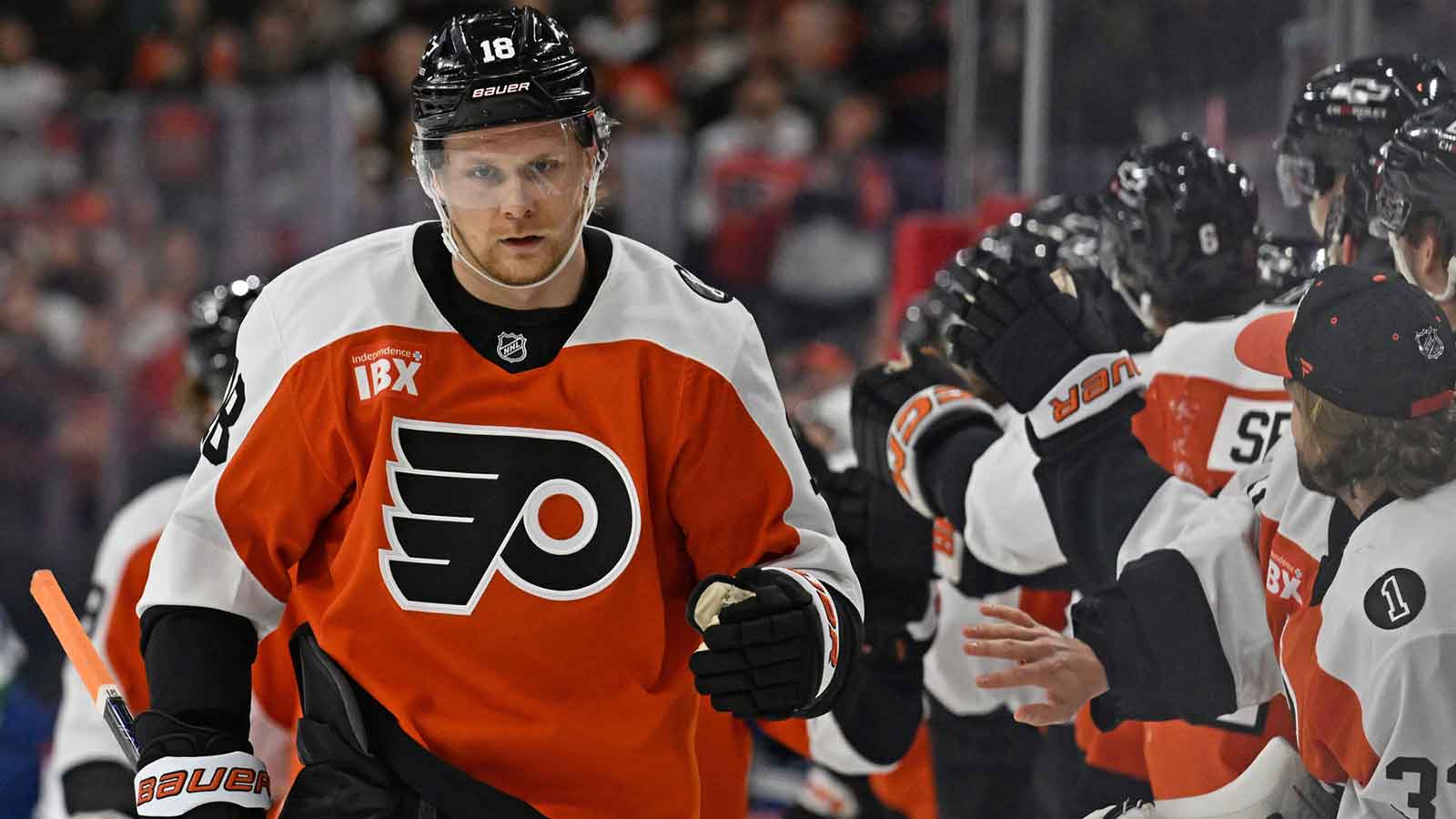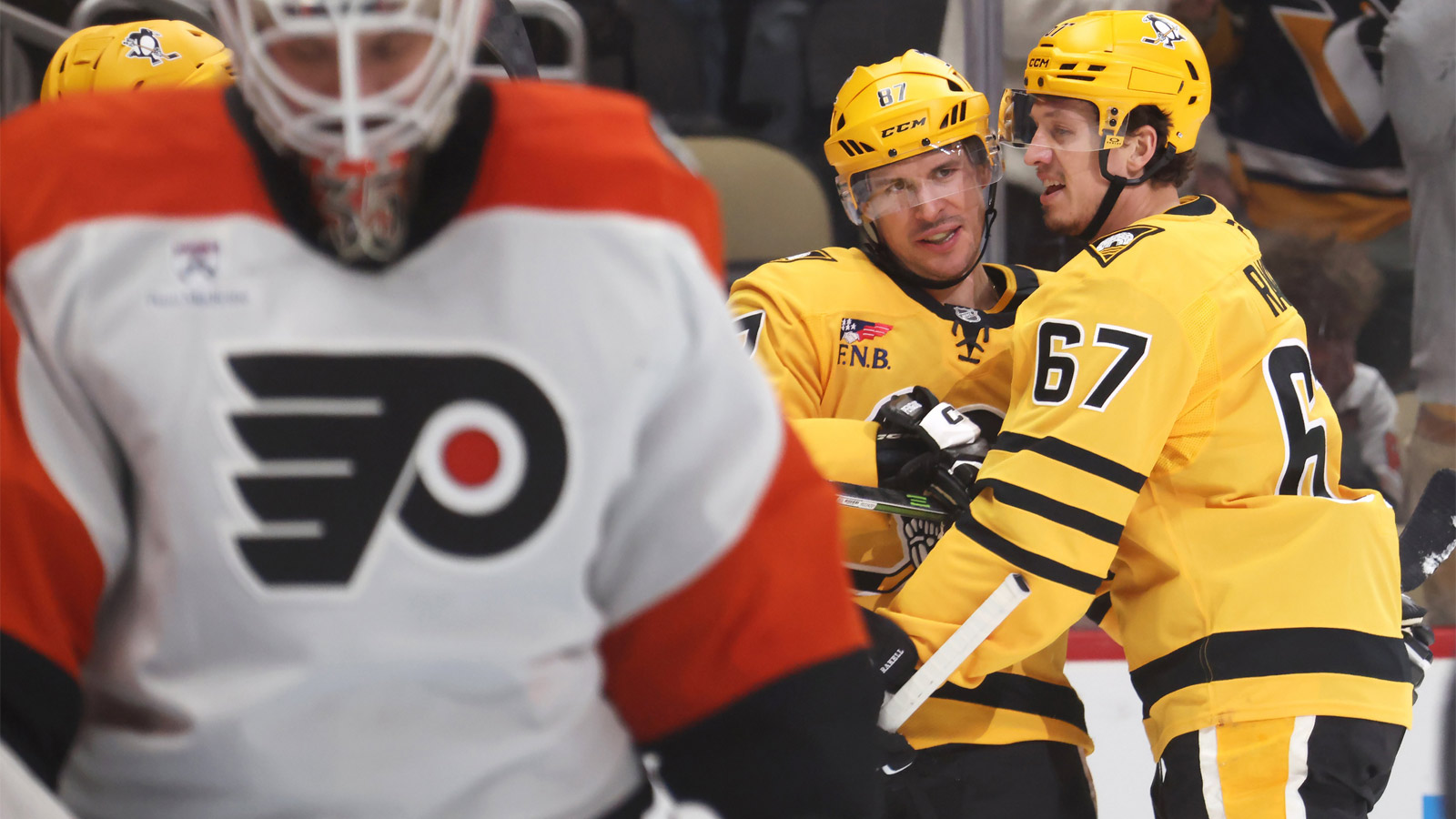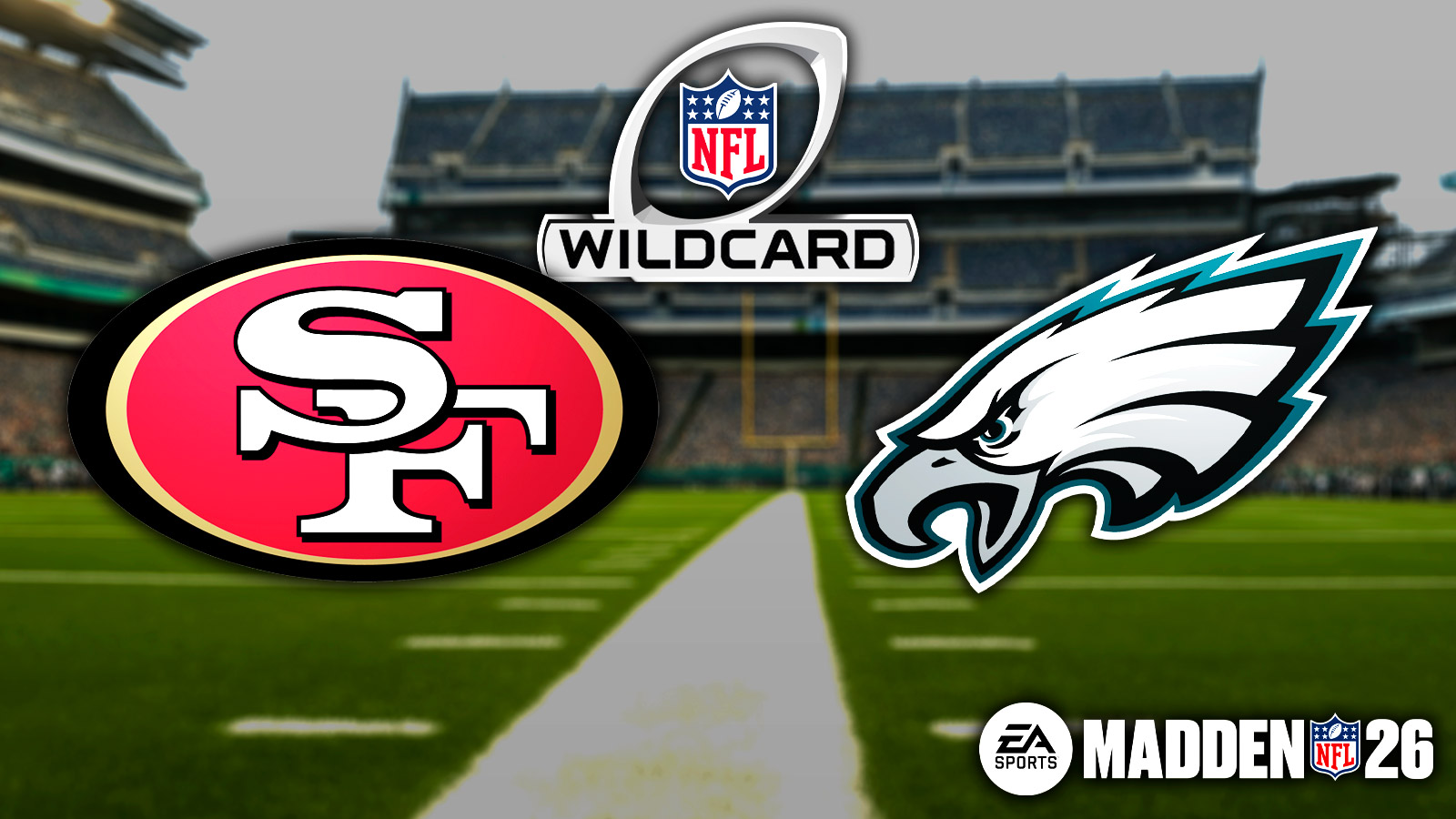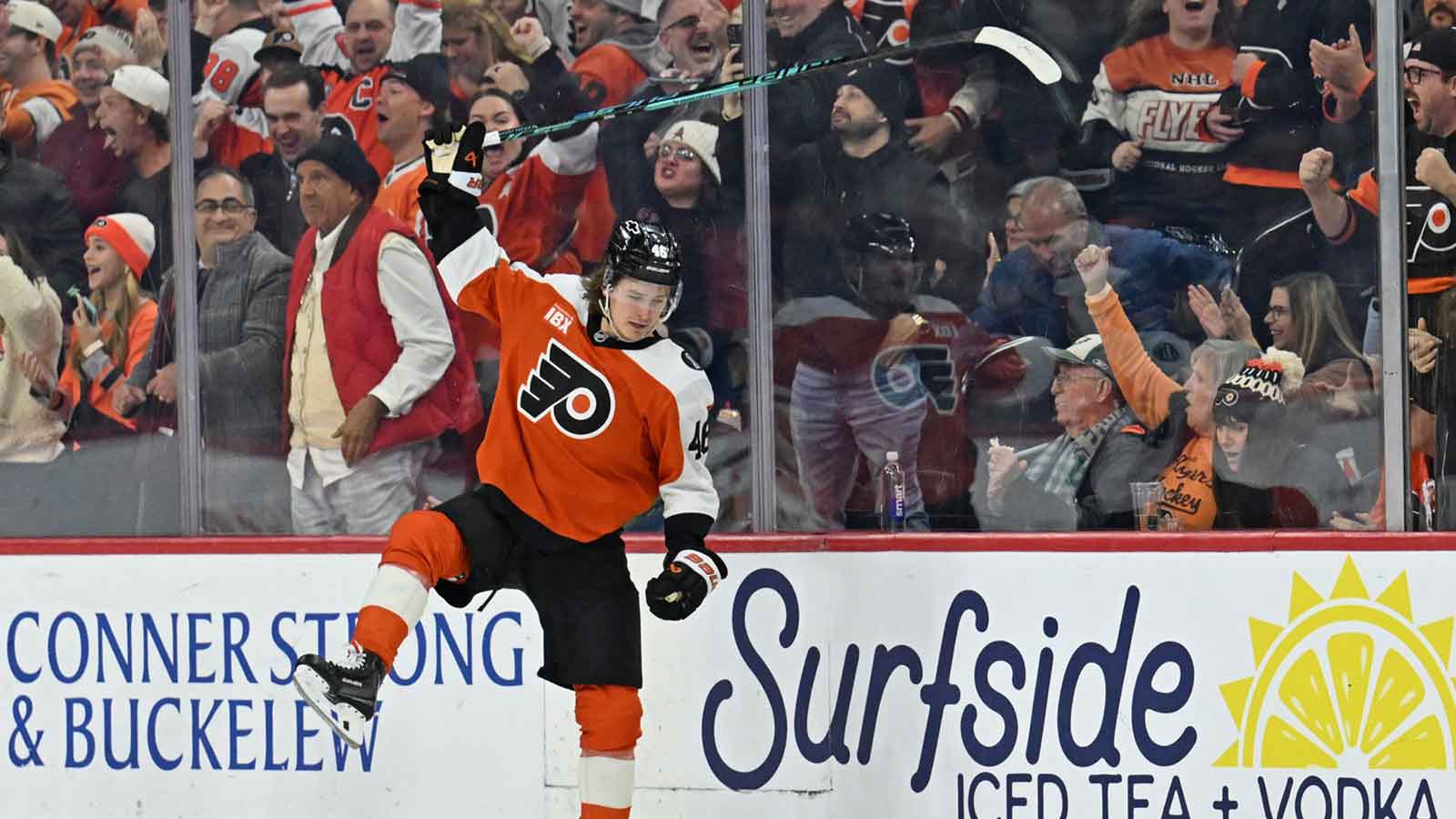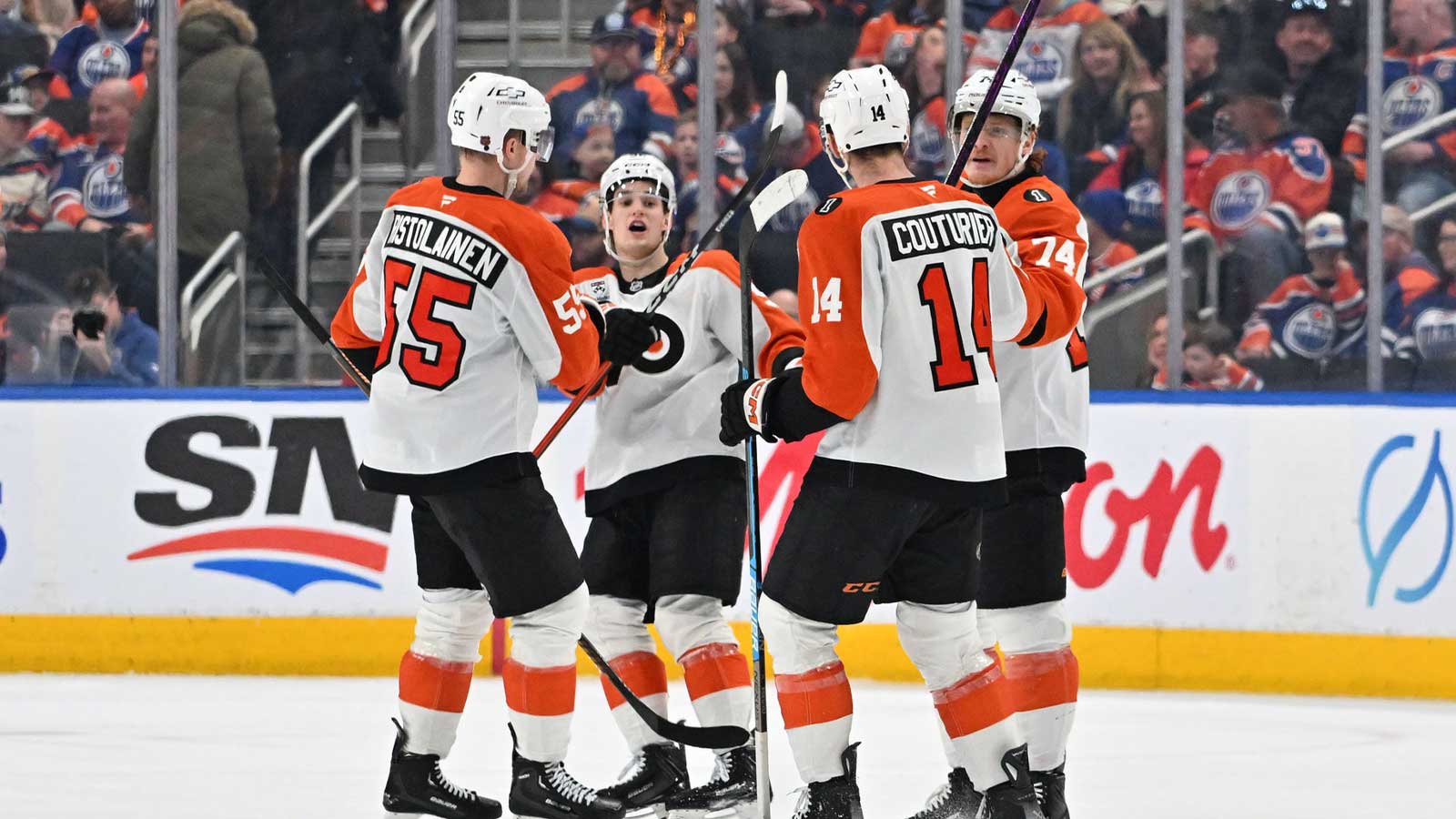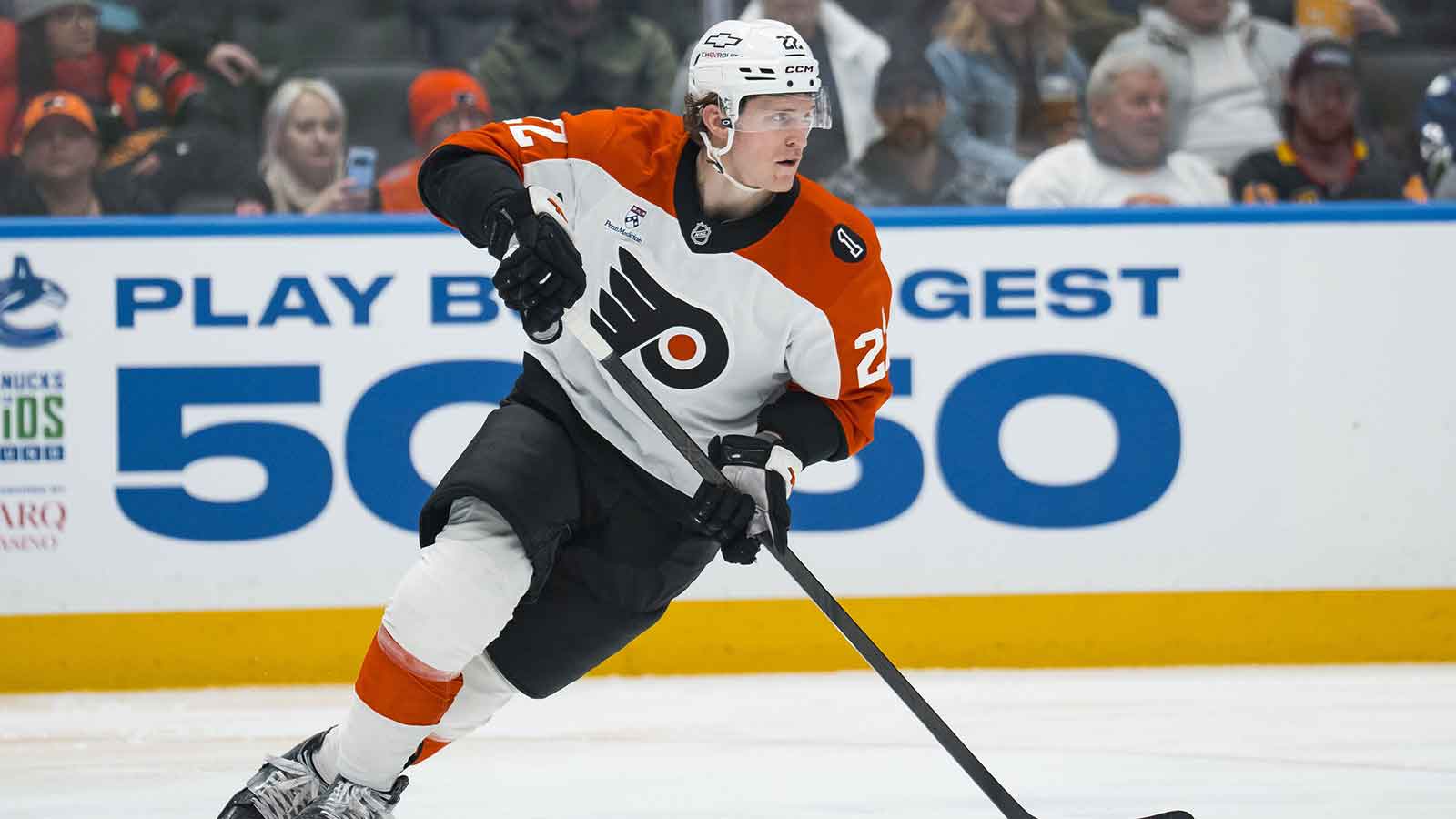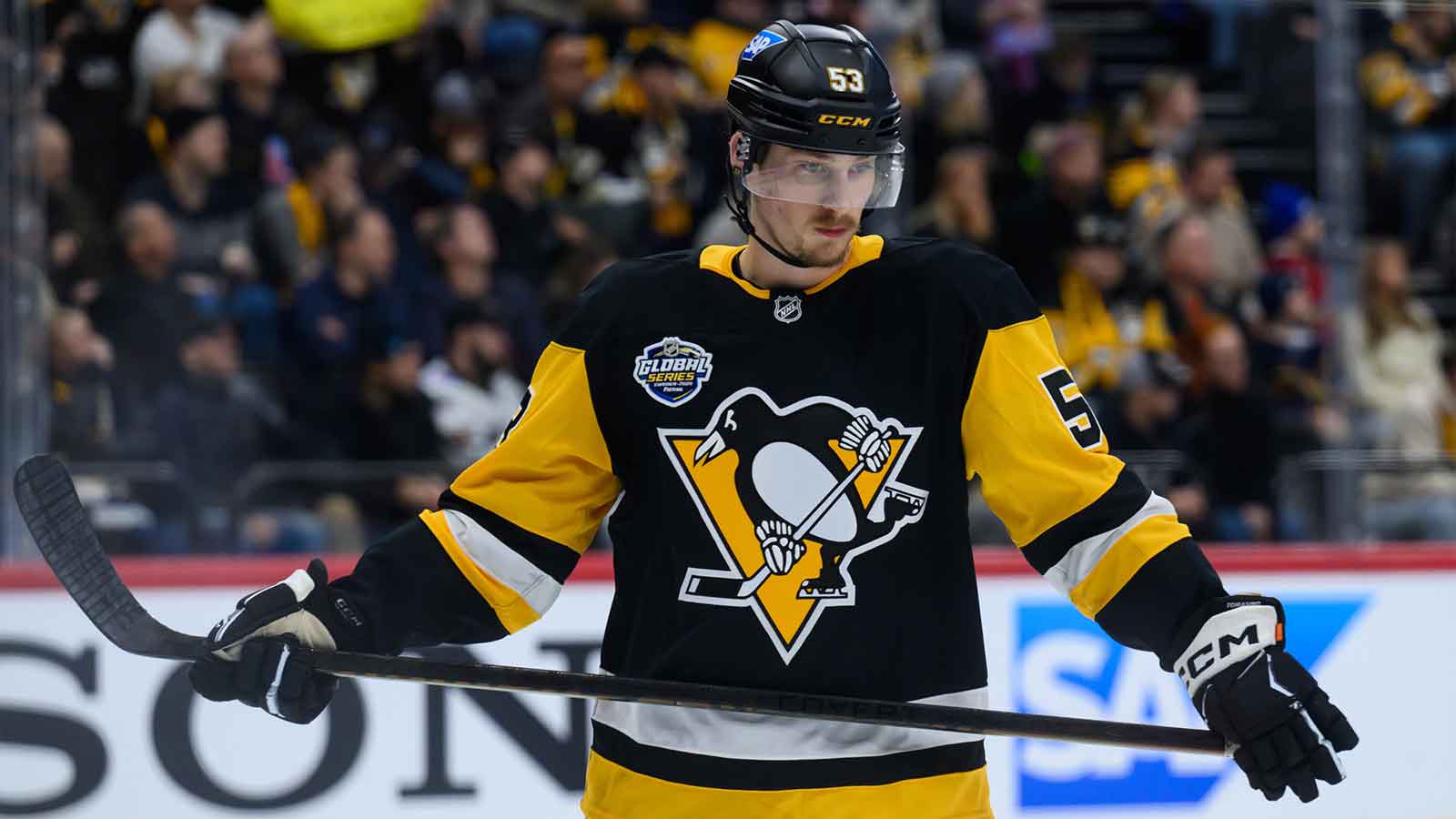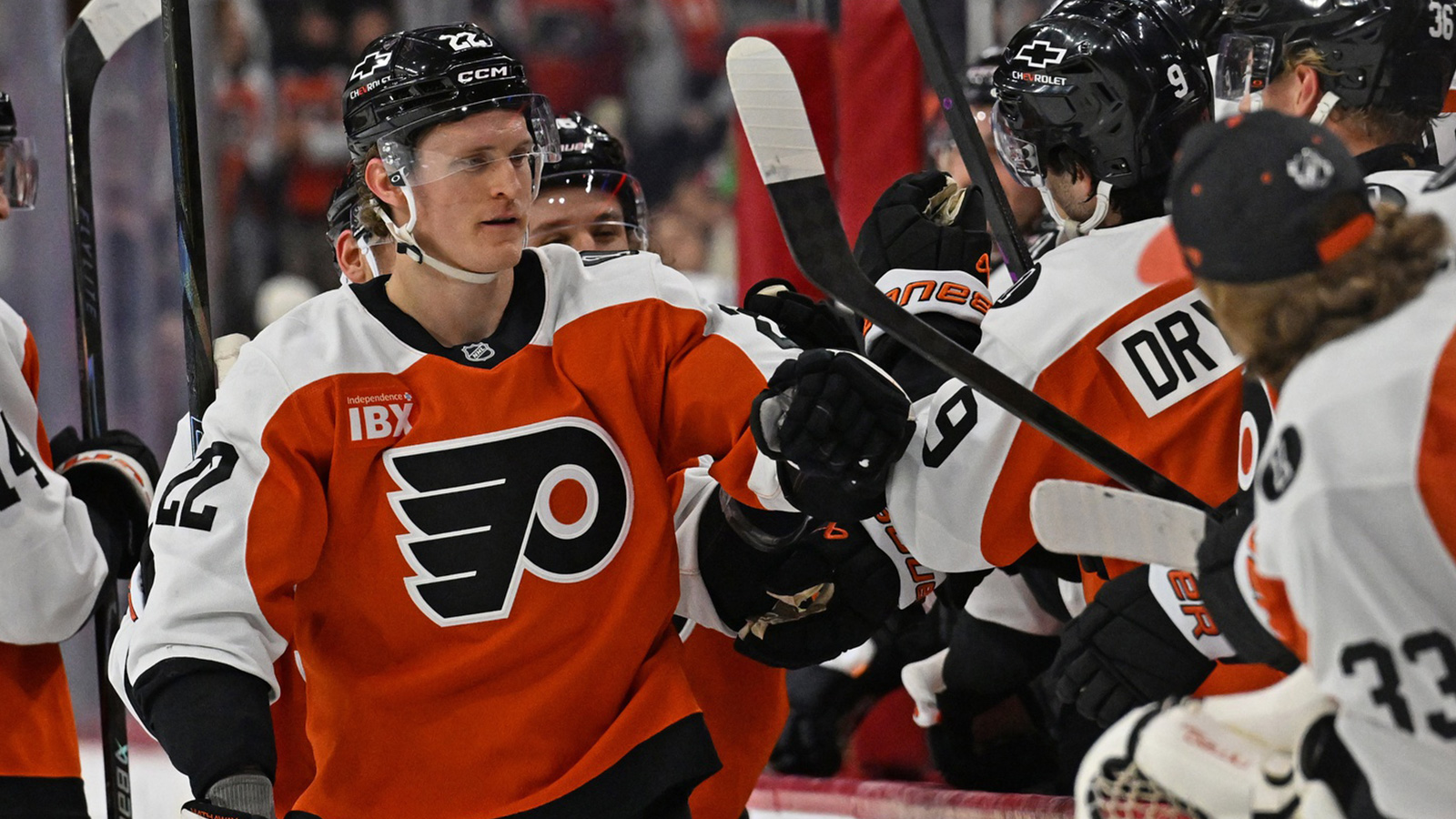The Philadelphia Flyers have long been one of the most impactful franchises in the expansion era. The NHL was not a sure bet to be successful in Philadelphia when the league expanded from six to 12 teams in 1967-68, but owner Ed Snider loved the sport and was willing to do anything to make it successful in the City of Brotherly Love.
While there were some shaky moments in the early years, Snider and his executives were able to build the first Stanley Cup-winning team among the six expansion teams. The Flyers were able to win the Stanley Cup in 1974 and again in '75 with a feisty and pugnacious team that also had a high level of skill.
Players like Bobby Clarke, Bill Barber, Rick MacLeish were assisted by enforcers Dave Schultz, Bob Kelly and Don Saleski to help the Flyers establish a personality that was loved by Philadelphia fans — and despised by many of their opponents.
The Flyers have had many solid teams since then, but none have brought home the Stanley Cup. However, Philadelphia hockey fans want nothing more than to see a hard-nosed team that can punish the best teams in the league and bring home the cherished hardware.
In this piece, we look at the 10 best Flyers in the team's history as they prepare for the upcoming 2025-26 season and try to make the playoffs for the first time in six seasons.
Bobby Clarke is front and center, No. 1
There have been few players in NHL history that have been more difficult to play against than Bobby Clarke was during his 15-year career with the Flyers. Clarke was combative throughout his long career, fighting for every loose puck and always willing to go into the corner and throw a hard elbow.
Clarke is a Hall of Famer who has impressive credentials. He is a two-time Stanley Cup winner, a three-time Hart Trophy winner, a four-time All-Star and a member of the NHL's 100th anniversary team.
When the Flyers won their first Stanley Cup in 1974, they were huge underdogs to Bobby Orr and the Big, Bad Boston Bruins. The Bruins had home-ice advantage, and they were nearly impossible to beat at the Boston Garden in that era. After Boston won the opener, the Flyers managed to send the second game to overtime. Clarke scored the winner with an all-out hustle play that resulted in him firing a rebound past Bruins goalie Gilles Gilbert.
From there, the Flyers won their home games and took the series in six games. They became the first expansion team to beat an Original 6 team in a playoff series.
Clarke finished his career with 358 goals and 852 assists and 1,210 points in 1,144 games. He also had 1,453 penalty minutes, demonstrating an indomitable characteristic every time he took the ice.
Clarke was not the fastest skater, the best shooter or brimming with physical gifts. But he was one of the toughest players in NHL history and a brilliant leader.
Bernie Parent and Bill Barber drove the Stanley Cup efforts, Nos. 2 and 3
There have been a number of goaltender performances throughout NHL history that have led to Stanley Cup triumphs. Bernie Parent's back-to-back work in the '74 and '75 playoffs may be at the top of the charts — with no apologies to Ken Dryden, Patrick Roy or Dominik Hasek.
Parent clinched the '74 win over the Bruins with a 1-0 shutout, making a number of breathtaking saves in the game and throughout the series. He was just as good the following year, pitching another Game 6 shutout in Buffalo against the Sabres to earn the team's second straight Stanley Cup.
Parent is a Hall of Famer who won the Conn Smythe Trophy as the postseason MVP twice, was a two-time Vezina Trophy winner and a two-time All-Star. His best season came in 1973-74 when he had a 47-13-12 record with a 1.89 goals against average, a .932 save percentage and 12 shutouts.
Bill Barber was a relentless skater and a dominating goal scorer. He started his career by scoring 30 goals as a rookie, and he scored 30 goals or more in nine of his first 10 seasons. He also had four season with 40 goals or more and he had a brilliant 50-goal, 112-point season in 1975-76.
Barber was voted into the Hall of Fame and was a three-time All-Star.
Mark Howe, Eric Lindros, Mark Recchi were special players, Nos. 4, 5 & 6
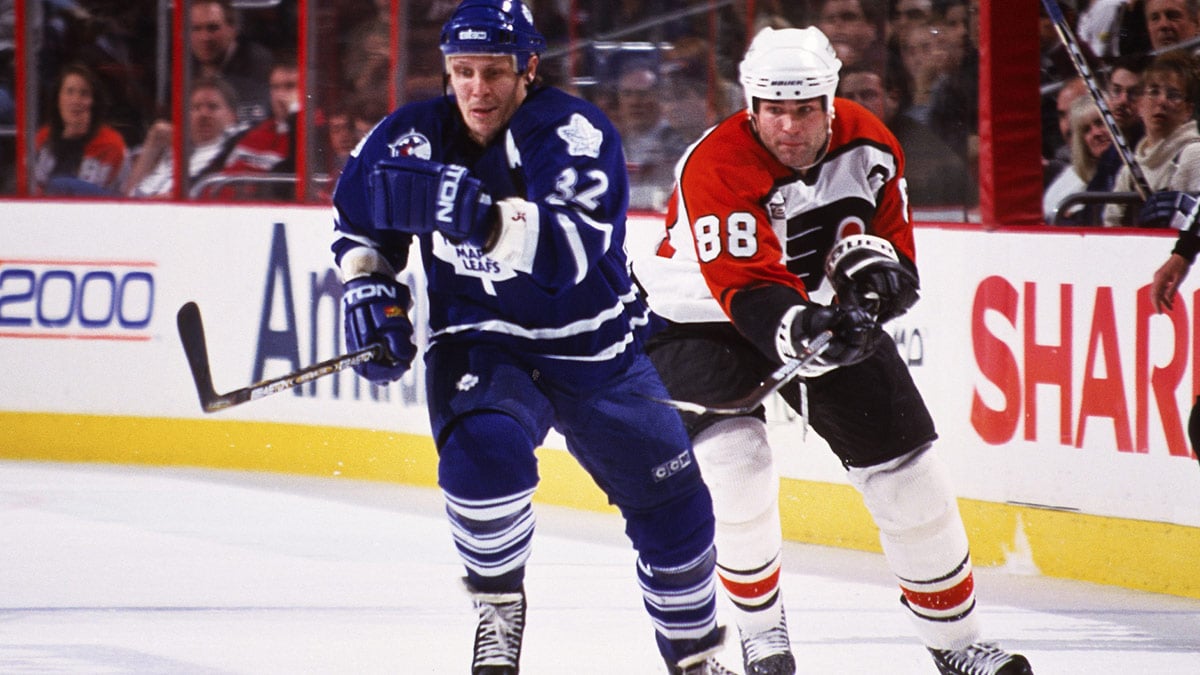
Mark Howe had a stellar career as a defenseman and while he had spectacular achievements, he was always best known as all-time great Gordie Howe's son.
While he played with his father in the World Hockey Association for the Houston Aeros, he was excellent for the Flyers. He played 10 years in Philadelphia and earned a spot in the Hall of Fame. The three-time All-Star was a brilliant skater, a sharp passer and excelled at the defensive aspects of the game.
Howe had his best season in 1985-86 when he scored 24 goals and added 58 assists for 82 points. He also finished with a plus-87 rating, which was the best figure in the league.
Eric Lindros was considered one of the greatest prospects in NHL history when he was drafted by the Quebec Nordiques in 1991. Lindros was a huge man at 6-4 and 240 pounds with brilliant hockey skills. He never played a game for the Nords — and he forced a trade to the Flyers.
He played eight years with the Flyers, and he won the Hart Trophy as the NHL's MVP in as a 21-year-old in 1994-95 and was a two-time All-Star. Lindros earned a spot in the Hall of Fame, and he had a remarkable 47-goal, 68-assists season in 1995-96.
Mark Recchi had a brilliant career that saw him play a key role on three Stanley Cup winning teams — none of which were the Flyers. However, he played 10 of his 22 years with the Flyers, and he had superior skills and moves.
Recchi was especially effective when he could position himself close to the net. He scored 627 points in 602 games with the Flyers, and he had back-to-back seasons with 34 and 32 goals in 1996-97 and 1997-98.
Rick MacLeish and John LeClair were dominant players, Nos. 7 and 8
The Flyers first Stanley Cup triumph was a classic game that earned Parent the Conn Smythe Trophy in the classic 1-0 victory over the Bruins. However, it was Rick MacLeish who supplied the margin of victory. He deflected a shot from defenseman Andre “Moose” Dupont into the net for the lone goal of the series.
MacLeish was the No. 2 center on the team behind Clarke on the two Stanley Cup winning teams. He scored a career high 50 goals along with 50 assists in 1972-73, and he followed that up with seasons of 32 and 38 goals. MacLeish was another gutsy star who was more than willing to take or deliver a hit in order to score a goal.
John LeClair spent 10 of his 16 years in the NHL with the Flyers, and he was a big man at 6-3 and 226 pounds who could get the job done in the offensive zone with his shooting ability and a knack for jumping on rebounds.
The big winger had three consecutive 50-goal seasons from 1995-96 through 1997-98. He clearly was a determined player who could not be slowed when he smelled the opportunity to score a goal.
Tim Kerr and Claude Giroux turned games in Flyers' favor, Nos. 9 and 10
The Flyers have enjoyed players who could dominate around the net, and that was Tim Kerr's specialty. He used his 6-3, 230-pound body to establish his office in front of the opposing goalie. He had four consecutive 50-goal seasons from 1983-84 through 1986-87.
Kerr had two 58-goal seasons for the Flyers, and he also had a remarkable performance in the 1989 Stanley Cup playoffs when he scored 14 goals and added 11 assists in 19 postseason games.
Claude Giroux spent the first 15 years of his career with the Flyers, and the shifty center was a brilliant skater during his time in Philadelphia. He had a 102-point season in 2017-18 with 34 goals and 68 assists.
Giroux was one of the anchors for the Flyers throughout his tenure before moving on to the Florida Panthers and Ottawa Senators.



